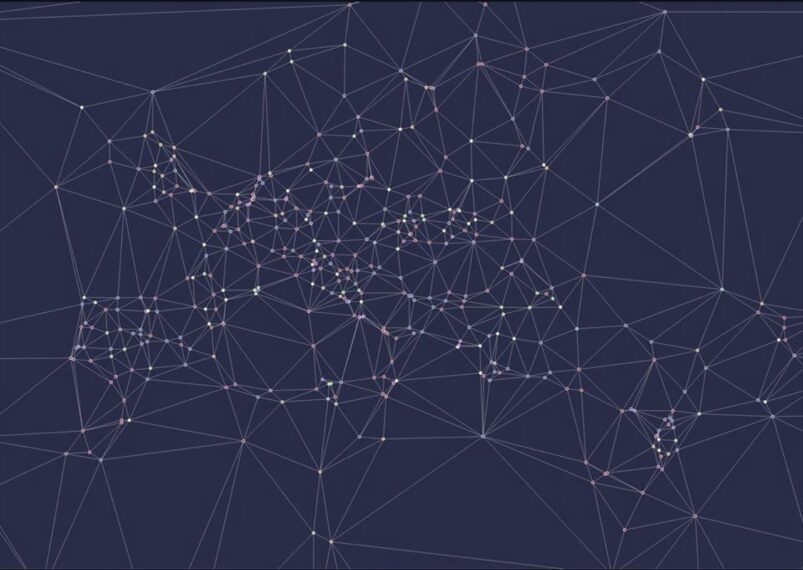Future Making in the Anthropocene is a journalistic project that positions itself in the mental space between heritage and spatial design. Through research into the future of European heritage sites and landscapes, the project aims to unravel the conditions of the Anthropocene – the age of humans – in order to imagine better-balanced futures for European cities and landscapes.
Cultural and natural heritage sites currently face multiple urgent issues. Urbanisation of large European regions has led to more prosperity but also amounted to an enormous loss of biodiversity and erosion of cultural heritage sites and natural landscapes. Practitioners are becoming increasingly aware of the gap between the ideal world of conservation principles and the practical reality and are calling for new approaches and tools to tackle new challenges. Heritage can undoubtedly make an important contribution to sustainable development and change, when related to matters that society has to deal with in the near future.
Future Making links research in the field of heritage and landscape management to decision making processes. These fields are highly relevant to professionals that deal with the (re)design of cities and landscapes, because heritage and landscape offer a mirror through which different possible futures can be imagined, paving the way for strategic intervention. The initiators of the project (Teun van den Ende and Azadeh Kermani) therefore aim to transfer academic knowledge to a large audience and contribute to a dialogue with practitioners involved in conservation and (re)design of European cities and landscapes. Through the project, academics, practitioners and decision-makers are brought together, and scientific insights and data are brought into a wider discussion.
Future Making consists of a series of open-access online articles playing into four urgent issues: climate change, cultural diversity, mass tourism and digitalisation. The method consists of following and interviewing 30 young researchers in their search for a scientific base for possible futures and heritage conservation. The researchers are enrolled in two research programs – Heriland and Terranova – that consist of a collaboration between 40 European universities, NGOs and companies. The VU University Amsterdam is coordinator of both programmes.


Researchers of Heriland and Terranova
Do you want to get in touch? Feel free to contact initiators Teun van den Ende or Azadeh Kermani directly. Or stay up to date through Twitter: @Future4Heritage.
The European Heritage Tribune is proud to be the media partner of Future Making in the Anthropocene. Have a look at the European Heritage Tribune partners and supporters here.
For more news on education and research, click here. Or click on one of the tags below.

